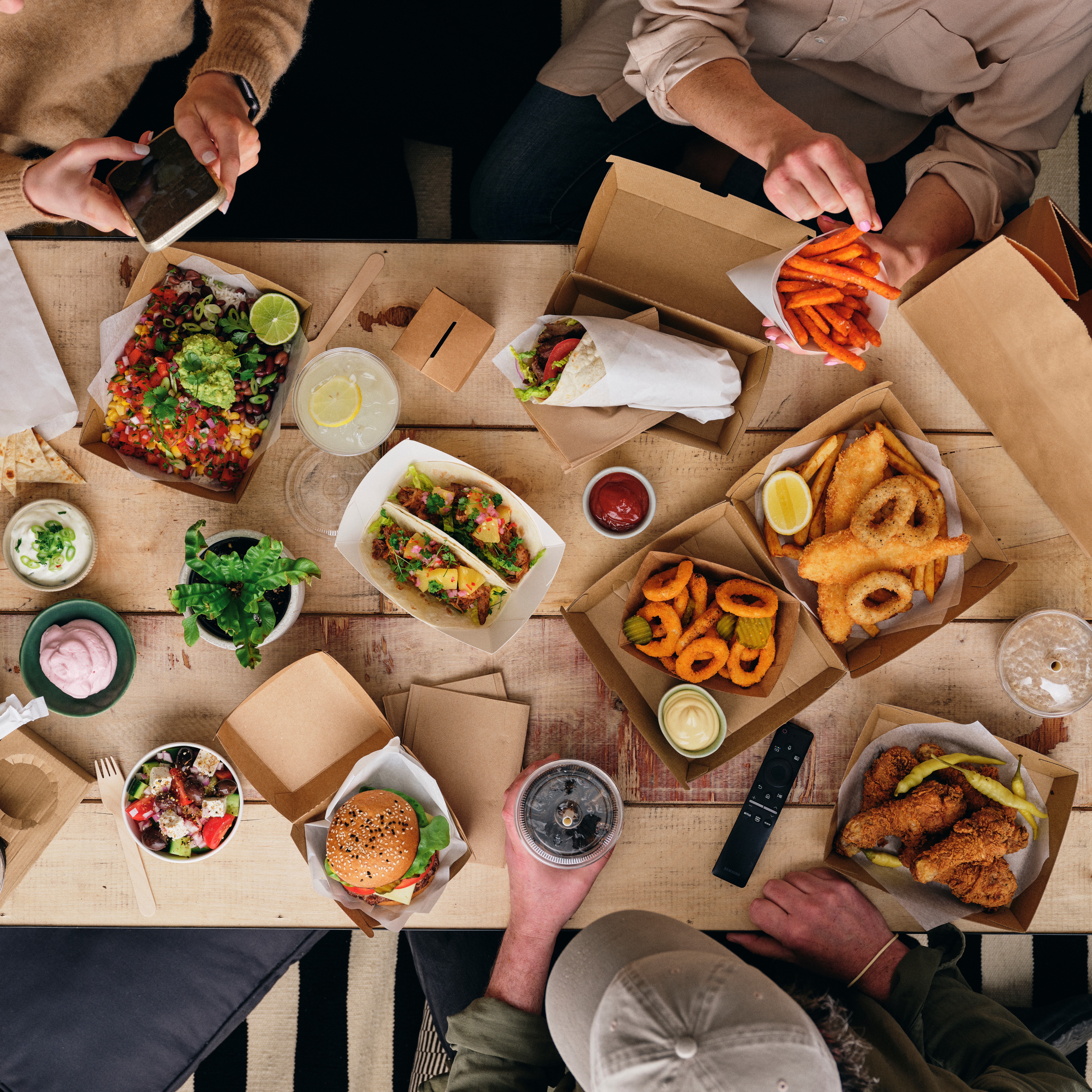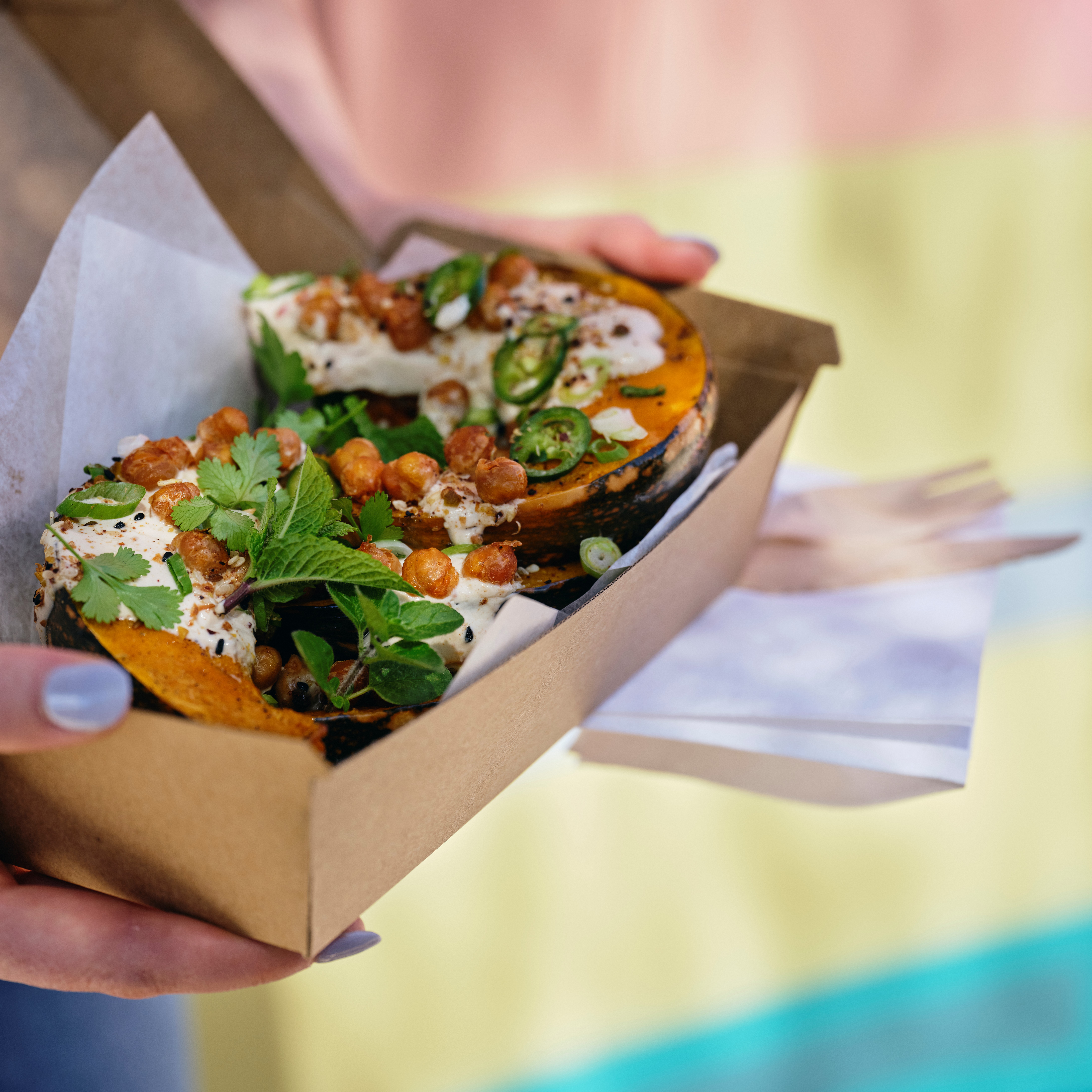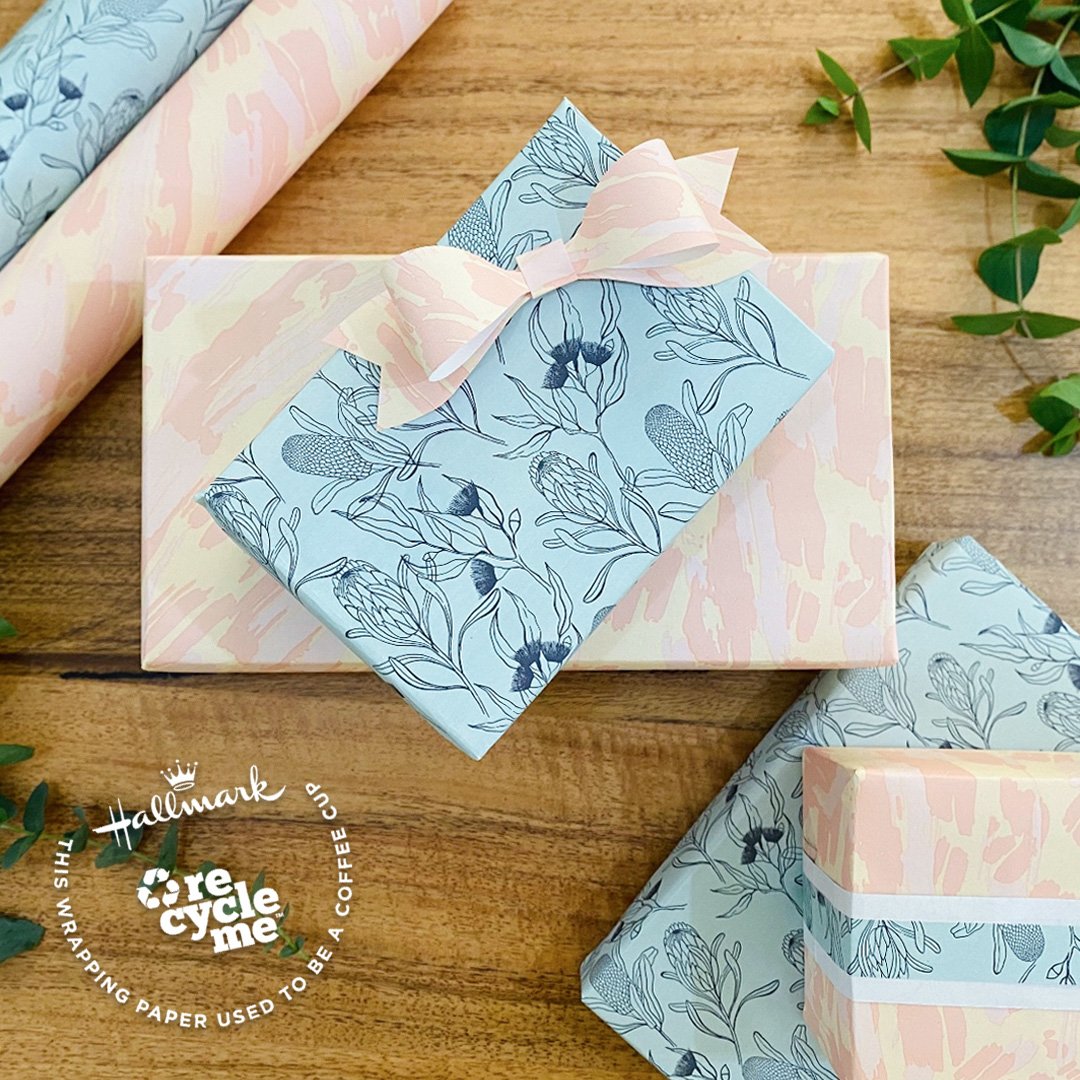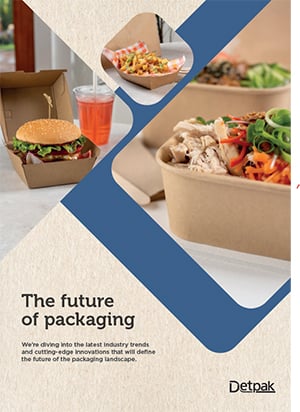Are you sure?
Are you sure? If you change your country now, any items you have added to your quote will disappear.
Your location
Please set your location to see relevant stock levels. Freight costs and taxes will be calculated once you log in.
Note: changing your location will empty your cart.
A partnership approach
June 2, 2022
As brands make sustainability commitments, they are partnering with trusted manufacturers to invest in innovative solutions. The waste industry, too, is looking for alignment to reduce contamination and is working with manufacturers and government to understand how this can be achieved.
These coordinated approaches are leading to faster and more holistic development of new products, which is needed in a time of fast changing policy for packaging. It is clear that no one company can solve these challenges on their own.
Our rapid innovation centre, LaunchPad, partners with customers to provide a unique advantage. Our highly skilled global team enable industry and customer partnerships to bring truly innovative packaging solutions to life.”
-Tom Lunn – Group General Manager – Innovation and Sustainability
Why work together?
Laws around packaging are changing rapidly. In Australia alone, five out of eight jurisdictions made changes to packaging legislation in just the last year1. Globally, more than 170 nations have committed to reducing reliance on single-use plastics by 2030, suggesting more change is on its way. As these changes roll out, there is often discrepancy around what is banned between jurisdictions, and leading to confusion around what the true sustainable alternatives are in a given market. This fractured policy creates challenges for brands operating nationally or globally.
More broadly, the need to move toward a circular economy will require the efforts of many. Currently 95% of plastic packaging produced around the world is sent to landfill after just one use2. Moving to a circular system where materials are kept in use for as long as possible is widely regarded as the solution for this waste. However, the reality of achieving regenerative outcomes will require partnership across material suppliers, packaging manufacturers, brands, consumers and the waste industry.


It is not only in sustainability that collaboration can add value. As technology develops, new and innovative materials are challenging traditional manufacturing methods. From greener alternatives to improvements in technology, innovation in packaging is moving at significant pace3.
As more materials and designs hit the market, there is appetite to understand how realistic these options are when sourced, manufactured and used on a larger scale, and whether new innovations will fit within current waste collection and processing methods. This is driving partnerships not only in innovation, but within the waste industry to understand infrastructure and processing limitations and opportunities.
A partnership approach – Case Study – Detpak and Hallmark
An estimated 1.2 billion coffee cups are sent to landfill every year in Australia. They are a huge contributor to waste that needs to be to be tackled.As part of the solution, packaging manufacturer Detpak launched RecycleMe™ cups in 2018. Featuring a next generation lining, the cups can be recycled within existing infrastructure in Australia. Already, over two million RecycleMe™ cups have been recycled4.
To realise the true value of these innovative cups, Detpak forged a number of partnerships. This included; Shred-X, whose existing foot-print enabled the cups to be collected in a unique waste stream; Opal Australian Paper, who were able to provide a local recycling solution for the cups; and Hallmark, whose wrapping paper created an end-market for the recycled paper fibres, uniquely able to live again in the gift wrap. These industry partnerships were key to enabling the true circularity of this packaging product.
“To move from insight to large scale action, it is clear that no one actor can work on this alone. The public, private sector, and civil society all need to mobilize in order to capture the opportunity of the new circular economy.”
-Dominic Waughray, World Economic Forum, on the world needing a plastic “revolution.”

Forming collaborative partnerships across the value chain is leading to holistic packaging design development. Coordinated approaches are proving to be effective in a time of fast moving policy and changing consumer behaviour. Effective industry partnerships are leading to innovative solutions.

